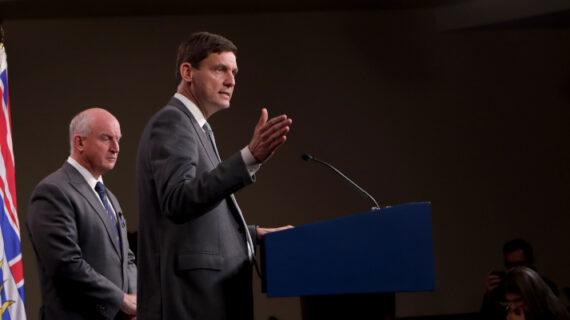On November 21, Deputy Prime Minister and Finance Minister Chrystia Freeland released the government’s Fall Economic Statement which included a combination of revised economic and fiscal projections as well as new measures targeting housing, climate change, and journalism. The result of these changes to the government’s budget plans is to add approximately $35 billion in higher deficits over the next five years.
The Fall Economic Statement received considerable instant reaction on Twitter from academics and policy experts. Here are five Tweets that reflect some of their commentary.
Chrystia Freeland took to the social media platform to announce that “inflation is going down and wages are going up” as part of the government’s positive communications about the Fall Economic Statement and its overall agenda.
Trevor Tombe, professor of economics at the University of Calgary and Hub contributor, who projected in a recent Hub article that this year’s deficit would need to be revised upward, observed that the Fall Economic Statement exceeded his expectations. The government’s multi-year fiscal track is better than he anticipated.
Stephen Gordon, an economics professor at Université Laval, however, contextualized the new fiscal projections (particularly direct program spending as a share of GDP) as steadily growing relative to recent budgets. His point, which others have similarly made, is that the government’s spending projections have tended to increase every time that it updates them.
Mike Moffatt, an assistant professor at the Richard Ivey School of Business and think-tank scholar at the Smart Prosperity Institute, who briefed the federal cabinet earlier this fall on the housing file, expressed disappointment with the Fall Economic Statement’s new measures. In particular, he raised concerns that it failed to do anything “meaningful on student housing and enrollment.”
Michael Geist, a law professor at the University of Ottawa and critic of the government’s news media spending, was highly critical of the Fall Economic Statement’s expansion of the Canadian Journalism Tax Credit, which he attributed to the negative reaction from Meta and Google to the government’s Online News Act.

If you enjoy Hub podcasts (including bi-weekly episodes with David Frum and Amanda Lang), be sure to check out more insightful commentary on The Hub’s YouTube page:




